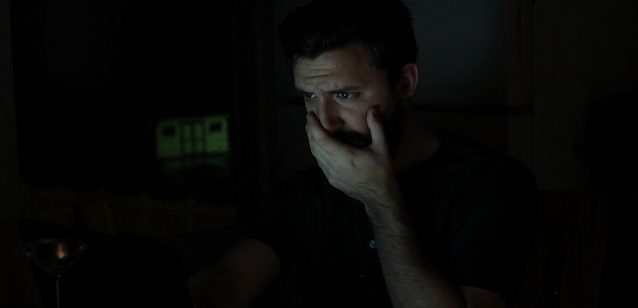
What Happens if I Accidentally Viewed Child Porn?
Possessing, viewing or distributing child pornography is a very serious crime in Texas. Whether these kinds of images are printed or found online, the consequences for a child pornography offense can be severe.
Because illegal pornography is often distributed on the Internet, some people may accidentally be exposed to material that they do not wish to view. In these situations, a person may view child pornography accidentally. If this occurs, there is a potential for criminal charges to be filed.
The Definition of Possession
In child pornography cases, a defendant can face charges for viewing, streaming, possessing, downloading or distributing illegal images or videos. In a legal context, the act of simply viewing an image on a computer screen may be considered illegal. This is because an image on a computer monitor can be printed, saved or shared. For this reason, even briefly looking at an illegal pornographic image may lead to legal charges.
Accidental Views
In order for a person to be convicted on child pornography charges, they must have knowingly viewed the illegal material. This means that the person who viewed the material committed an offense if they should reasonably have known that they were viewing a minor engaging in sexual activity.
The wording of the law means that there is a possible legal defense for accidentally viewing illegal pornographic images. In order for this to be successful, the defense would have to introduce evidence which shows that the defendant did not knowingly view the material.
If evidence of illegal pornographic material is found on a defendant’s computer, the defense could argue that:
- The defendant did not know that the material depicted minors
- Someone else used the defendant’s computer to view the material
- The material was made to seem like legal pornography
In most cases, downloading illegal videos or images that have explicit, descriptive names can be considered evidence of intent. For example, a person who goes to a file-sharing site and downloads videos that are clearly labeled as containing illegal content will probably not be able to claim that the downloads were accidental.
In these cases, the act of clicking on a file in order to start a download is considered an intentional act. If the video is clearly labeled as child pornography, then it is expected that the defendant knowingly decided to engage in an illegal activity.
Legal Defenses
A defense attorney may be able to argue that a defendant did not knowingly attempt to view or possess child pornography. For example, an attorney could show that the files downloaded by the defendant were not advertised as containing illegal content. If the defendant downloaded files that were labeled as legal images, he or she may not have realized that the images depicted minors.
There have been court cases that involved people secretly placing illegal pornography onto the computers of others for the purpose of blackmail. If this occurs, a defense attorney may be able to argue that a defendant did not know the images were on his or her computer. The lawyer may be able to use evidence gathered by a computer forensics team to show that the images were not downloaded by the defendant.
If an attorney can introduce evidence that shows that the defendant did not knowingly download or possess illegal material, the charges may be reduced or dropped. Although it can be difficult to convince a jury of a defendant’s innocence, it is definitely possible. In cases like these, the sooner that a defendant hires an attorney, the better. It is important to begin working on a solid legal defense as soon as charges are filed.
If you’ve been accused of a sex crime, it’s crucial to contact an experienced attorney. Brett A. Podolsky will fight to protect your rights. Call 713-227-0087 or email for a confidential consultation today!
